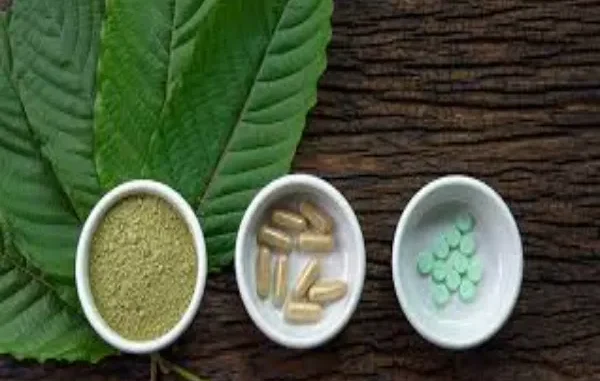

If you’re looking to buy kratom, or any natural botanical. You’ve probably come across two common sources: your local smoke shop or wellness store, and your nearby farmers’ market. Both have pros and cons. But more people are starting to notice that one often offers better product quality, fresher batches, and a more transparent buying experience.
So what’s the difference? Why are more users walking away from traditional retail shelves and toward booths and tents? This guide breaks down how both options compare and where people are actually finding kratom (and other botanicals) they can trust.
The Local Shop Experience
Your average local shop,whether it’s a smoke shop, supplement store, or wellness boutique—has a predictable setup. Rows of jars or bags, colorful packaging, strain names on labels, and usually a handful of brands to choose from. It’s a mix of accessibility and guesswork, especially when you’re searching for kratom near me and hoping for a trusted source.
Some shops do a great job curating their selection. They might stock well-known kratom brands that offer third-party lab results, include clear dosage instructions, and display batch numbers for traceability. Staff may even be familiar with strain effects and willing to walk you through what’s best for energy, focus, or calm.
But in other shops, especially ones that treat kratom as an afterthought, it can feel more like a gamble:
- Little to no strain info: You’ll see names like “Maeng Da” or “Super Green,” but no explanation of what they actually do.
- Unverified brands: Some are white-label products repackaged from bulk suppliers, with no testing or background.
- No lab results: If you ask about lab testing and get a blank stare, that’s a red flag.
- Unclear storage conditions: Kratom sitting in a sunlit window or near incense burners? Not ideal.
The Farmers’ Market Setup
Farmers’ markets aren’t just for fruits and vegetables anymore. In many cities, you’ll find booths selling locally packaged herbs, teas, tinctures, and even kratom. These small vendors often work directly with importers, or they are the importer.
Pros:
- Fresh, small-batch products: Many farmers’ market vendors pack their kratom themselves, often in smaller batches. That means more control over freshness, storage, and rotation.
- Direct access to the seller: You can ask questions and actually get answers. Many vendors are open about their source, test results, and how they prep the powder.
- Transparent packaging: No unnecessary flash. Just clear bags, clear labels, and real details about the product—what it is, where it came from, and when it was packaged.
- Better prices (sometimes): Without middlemen or national branding costs, prices can be lower for the same or better quality product.
Cons:
- Limited hours and locations: Farmers’ markets may only happen once or twice a week. If you run out midweek, you’ll need to plan ahead.
- Smaller selection: A single vendor may only offer 3 to 5 strains. If you’re used to browsing dozens of options, this might feel limited.
- Cash-only or minimal card options: Some booths operate on cash or payment apps, which may not be convenient for every shopper.
What People Are Actually Saying
In kratom forums, community spaces, and online reviews, a pattern is starting to emerge. People who switch to farmers’ market kratom often notice a difference in taste, smell, and overall consistency.
Fresh batches are a big reason why. Vendors who are hands-on with packaging and transport tend to take more care during handling and storage. There’s also more accountability. At a farmers’ market, if something doesn’t feel right, customers often deal with the owner directly, and can follow up at the same booth next week.
On the flip side, users report that some local shops, especially smoke shops, don’t always store kratom properly. Light, heat, and air exposure can weaken the product before it even reaches the customer. Without regular rotation or labeling transparency, it’s hard to know how old that bag actually is.
How to Spot Quality at Either Location
Whether you’re buying from a shop or a market booth, here’s what to look for:
- Label clarity: Does the package tell you the strain name, type (green/red/white), weight, and date packed?
- Lab-tested badge or QR code: Can you verify the product’s safety and composition?
- Fresh smell and fine texture: Good kratom should be earthy and smooth—not clumpy, damp, or stale.
- Vendor knowledge: Can the person selling it explain where it’s from and how it’s stored?
If a seller avoids your questions or can’t explain the basics, it’s worth being cautious, no matter how nice the packaging looks.
Final Thoughts
Local shops and farmers’ markets each have their place in the kratom world. But more and more users are finding that quality, freshness, and trust often live at the farmers’ market table, not on the supplement shelf.
If you’re looking for small-batch kratom that’s been handled with care, or if you want to ask real questions and get honest answers, your local farmers’ market might be the better bet.
Wherever you choose to buy, the key is to stay informed. Ask questions, check the packaging, and always listen to your body. The more you know about where your product comes from, the better your experience will be.

Leave a Reply